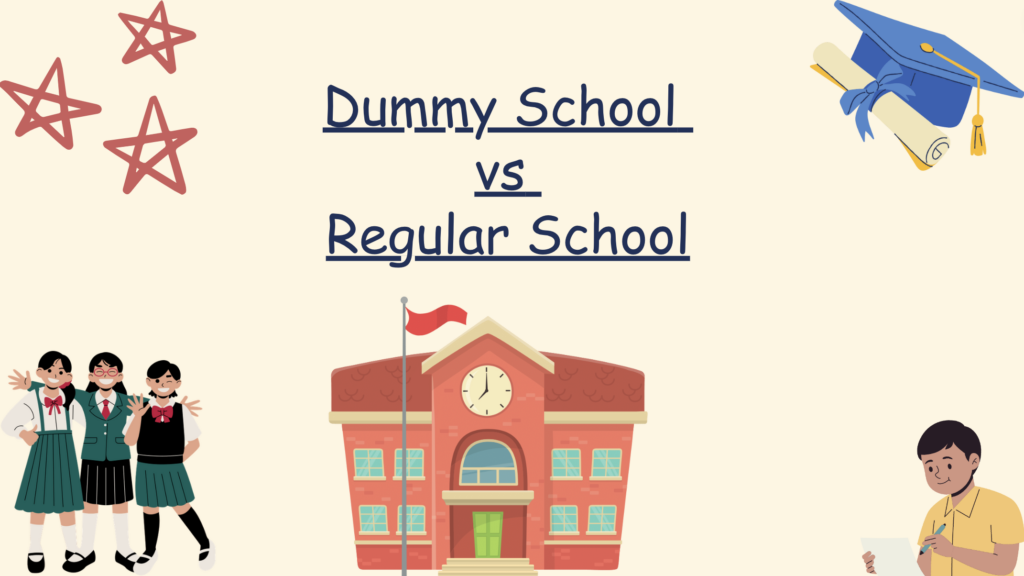Changes in CBSE Class 10, 12 Board Question Paper Pattern
The CBSE board decides to reduce the number of descriptive questions and somewhat increase the number of objective type or one-mark questions in the 2020 board exams. These changes are applicable for both the class 10 and class 12 board examination question paper patterns. The students would now find a lesser number of mandatory descriptive questions in their exam question papers. Along with this, other changes are also going to be made, much to the glory of the students. Let’s look at them now.
What else changes in CBSE 2020 question papers?
- More objectives: The CBSE 2020 papers would now see an increase in the number of objective type or one-mark questions. The question paper would carry 16.25 to 95% of the objective questions in some subjects this year, against 10-12% in the previous years.
- Format of the objectives: The objective questions will be in the format of ‘true or false’, ‘fill in the blanks’, ‘answer in single sentence’, and ‘MCQs (multiple choice questions).
- More options: The students can now enjoy more options as the board plans to provide more choice questions. The examinees would have to now attempt any 10 questions out of the given 13 or 14 since the internal options will now be 33% for both subjective and objective questions.
- Internal assessment/ practical marks: All the subjects would have practical / internal assessments. The internals will be of 20 marks and practical marks will vary from 30 marks to 70 marks.
Let us now understand the changes that are going to be reflected in class 10 and class 12 board question papers individually.
What changes can the CBSE 10th class students expect in their question papers, this year?
The internal assessment/practical marks will be 20 and the external assessment marks are 80.
Objective-type Questions
The percentage of objective type questions for subjects like Science, Social Science, and Maths will now be 25%. For the subject English, the objective-type questions will be 35 % and for Sanskrit, a whopping 95%!
Subjective-type Questions
Talking of the descriptive questions, the subjects Science and Social Science question papers see a major leap in the number of questions this year, compared to the previous year. The number of descriptive questions in the subject Science will now reduce to just 16 from 21 in 2019. Similarly, Social Science paper now will reduce to just 14 questions from 19 in 2019. In the subject Maths, the number of descriptive questions will reduce to 20 this year from 24 in the previous years and Sanskrit will see a reduction in the descriptive questions by 7, this year.
Finally, in English, the number of descriptive questions has rather been increased from 24 previously to 25, this year. According to the sources, the students will find more two-marks questions and lesser five to eight marks questions now. Hindi will be the only subject that will see less than 20% objective questions.
What changes can the CBSE 12th class students expect in their question papers, this year?
The practical marks will range from 30 marks to 70.
Objective-type Questions
The future question paper will see 25% of objective-type questions in subjects like English Core, Mathematics, Physics, Accountancy, Sociology, and Political Science. Whereas, subjects like Hindi Core will have 13.75% objective questions, Chemistry with 28.57%, and Biotechnology with 22% objective-type questions in this year’s board exam.
Hindi and the subject of dances such as Odissi and Bharatanatyam are the only subjects of class 12 that come with less than 20% objective type questions. Another information to note is that the subject Biology will have 40% of objective type questions. However, here, it is essential to mention that there will be 20% objective questions carrying one mark and another 20% objective questions carrying two marks.
Subjective-type Questions
Now let us understand the number of subjective type of questions that would probably appear in the class 12 board exams, subject-wise. Subjects like English Core, Mathematics, and Accountancy would see 12 descriptive types of questions this year. Previously it was 16, 19, and 15 for the subjects English Core, Mathematics, and Accountancy, respectively. It can be noted that there will now be a reduction in 7 number of descriptive questions as compared to the previous year’s paper. Similarly, the subjects Physics and Chemistry papers will see a reduction in 5 numbers of descriptive questions as compared to the previous year. The number of questions this year will be 17 against the previous years’ count of 22.
The subject of Political Science will have just 14 descriptive questions this year as compared to 25 questions previously. The subject Sociology will see just 18 descriptive questions this year as compared to 25 questions previously. The Economics question paper will have 14 questions this year compared to 16 descriptive questions previously.
Finally, Biology and Hindi Core will be the subjects in which the number of descriptive questions is more than the previous years. These two subjects will see an increase in both the descriptive questions and short-answer questions. But according to the reports, there will be fewer five to eight-mark questions in these subjects and more two-mark questions instead. Though these questions are objective, they are said to come under the descriptive questions’ category.
This must be a welcome change for the students as the descriptive questions are the ones that they generally spend more time on, during the examinations. This change is expected to reduce rote learning among students. This encourages the students to concentrate more on conceptual learning and in-depth understanding of their lessons.
"The question papers will be developed scientifically without any compromise on quality. In fact, with more objective type questions, the students will need more detailed study. With internal assessment/practical, students will move out of the habit of rote learning and schools can engage them with more experiential learning,” the Secretary of CBSE, Anurag Tripathi said to the reports.
Also read: Major Changes in CBSE Class 12 Exam Pattern from March 2020



